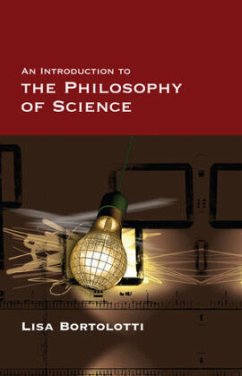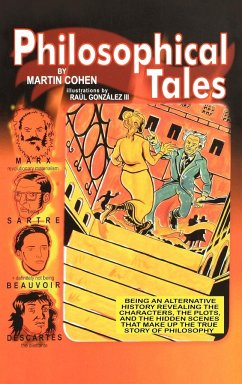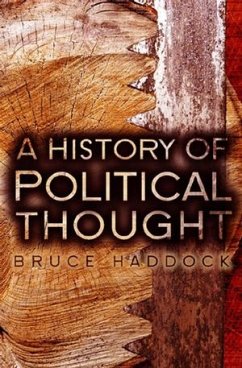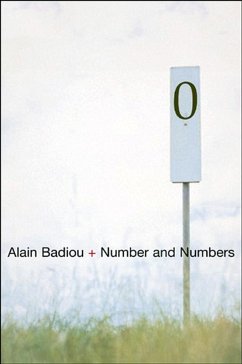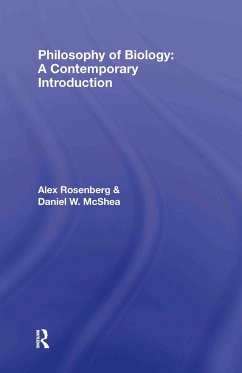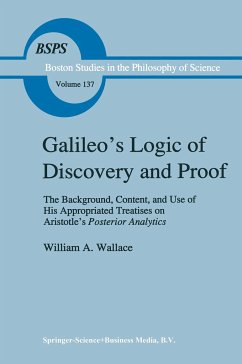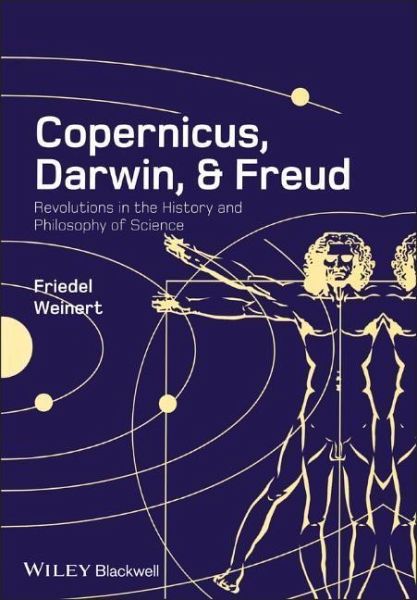
Friedel Weinert
Broschiertes Buch
Copernicus, Darwin, and Freud
Revolutions in the History and Philosophy of Science
Versandkostenfrei!
Versandfertig in über 4 Wochen
Weitere Ausgaben:

PAYBACK Punkte
25 °P sammeln!





Grundlegend umwälzende wissenschaftliche Erkenntnis führt zu gleichermaßen weitreichenden Umwälzungen in der Philosophie. Diese Verbindung wird anhand des Beispiels der Lehren von Kopernikus, Darwin oder Freud aufgezeigt.
Friedel Weinert is Professor of Philosophy at Bradford University and a former Visiting Research Fellow at Harvard University and Visiting Fellow at the Centre for the Philosophy of Natural and Social Science at the LSE in London. He holds a PhD in Philosophy, a BA in Sociology, and a BSc in Physics. Dr. Weinert is the editor of Laws of Nature (1995), the author of The Scientist as Philosopher (2004) and chief editor of the forthcoming Compendium of Quantum Physics: Concepts, Experiments, History and Philosophy.
Produktdetails
- Verlag: Wiley & Sons
- Artikelnr. des Verlages: 1A405181830
- 1. Auflage
- Seitenzahl: 304
- Erscheinungstermin: 10. Oktober 2008
- Englisch
- Abmessung: 248mm x 172mm x 23mm
- Gewicht: 524g
- ISBN-13: 9781405181839
- ISBN-10: 1405181834
- Artikelnr.: 23829363
Herstellerkennzeichnung
Libri GmbH
Europaallee 1
36244 Bad Hersfeld
gpsr@libri.de
"Whether used as a textbook or as a review of issues concerning scientific revolutions and theory change in their historical context, Copernicus, Darwin, and Freud may be strongly recommended." (The Journal of the International Society for the History of Philosophy of Science, 2011)
"Those seeking a more conventional approach to the history and philosophy of science may well find Weinert s book informative...there is much to be learned from Weinert s comparison of Copernicus, Darwin, and Freud." ( Science & Education , January 2011)
"Those seeking a more conventional approach to the history and philosophy of science may well find Weinert s book informative...there is much to be learned from Weinert s comparison of Copernicus, Darwin, and Freud." ( Science & Education , January 2011)
Für dieses Produkt wurde noch keine Bewertung abgegeben. Wir würden uns sehr freuen, wenn du die erste Bewertung schreibst!
Eine Bewertung schreiben
Eine Bewertung schreiben
Andere Kunden interessierten sich für


